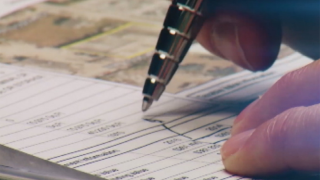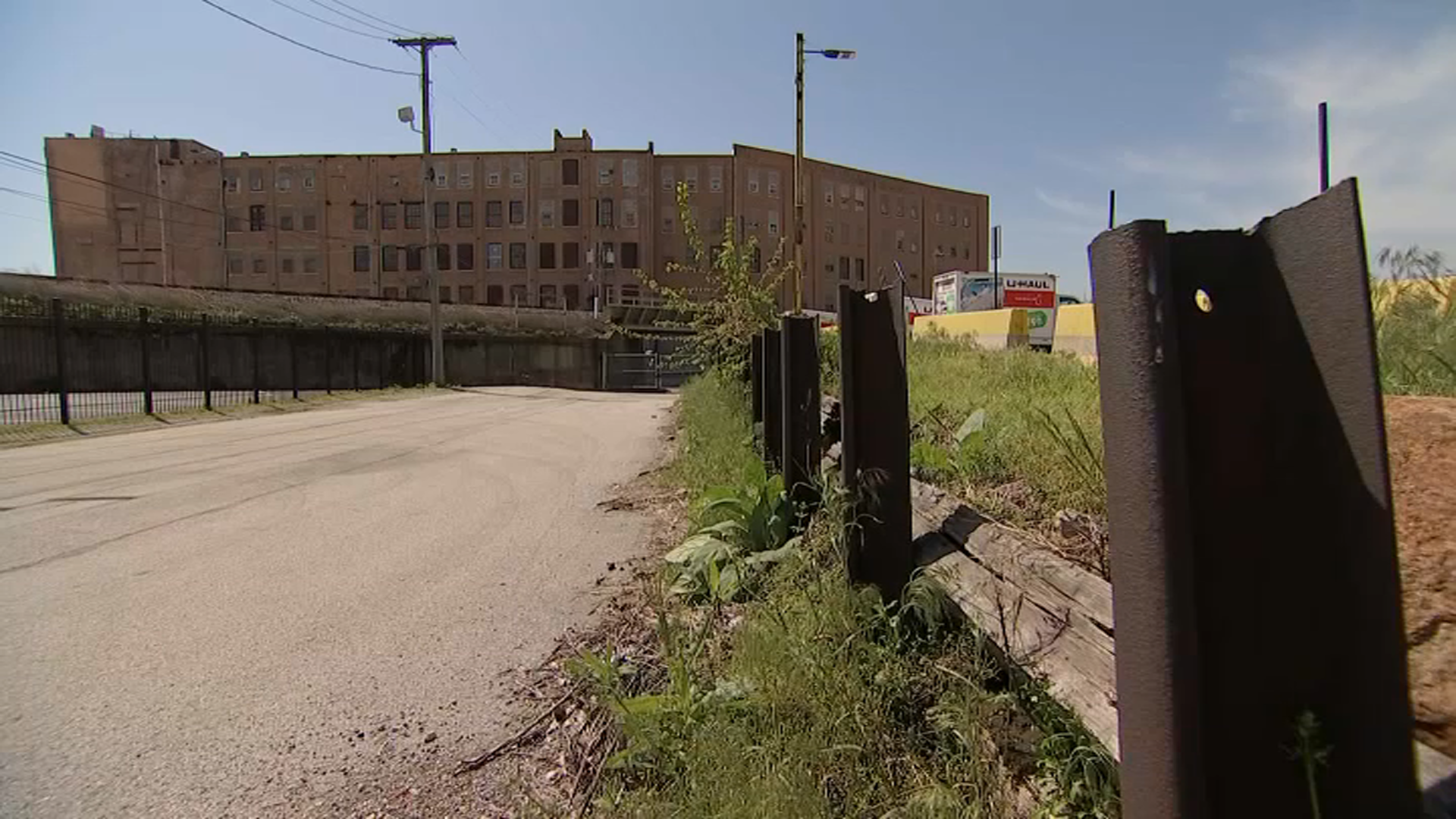
If you live in the Chicago area, you may have seen your property taxes go up, but what can you do about it?
Cook County Treasurer Maria Pappas this month released a new property tax analysis as second installment bills were issued, with due dates set for the end of December. Her office noted that "homeowners and businesses will likely see higher bills with some gentrifying Latino neighborhoods seeing big increases."
According to the recent report, some areas saw tax bills rise while others saw decreases due to assessed values, particularly for Chicago.
Pappas' office cited property tax levies, property assessments, exemptions and a so-called "equalization factor" issued by the state for changes in bills.
But Chicago and Cook County aren't alone in seeing property tax bills change.
So what can you do?
Should You File an Appeal?
Local
First, homeowners can determine if there are any inaccuracies in your assessment. If so, that could qualify you to file for an appeal, but in many locations, such appeals need to be done within a certain time frame from the bills being received.
According to Cook County, it is generally thought that "if the property characteristics on this notice are correct and the estimated market value is within 10 percent of what you think your home is worth then it is unlikely that an appeal would change your property’s assessed value enough to significantly affect its property tax bill."
Feeling out of the loop? We'll catch you up on the Chicago news you need to know. Sign up for the weekly Chicago Catch-Up newsletter here.
In some surrounding counties, like Kane County, officials suggest discussing your assessment with the Township Assessor for your specific location.
In general, there are three reasons that could lead to an appeal, according to the Kane County Assessment Office. Those include:
- Discrepancy in Physical Data (“The property records show I have a 2,400-square-foot house, but my survey shows I have only 2,200 square feet.”)
- Valuation (“The equalized assessed value is greater than 1/3 of my property’s fair cash value”).
- Equity (“My equalized assessed value is greater than comparable properties in my neighborhood.”)
Will Filing an Appeal Lower Your Bill?
But filing an appeal won't guarantee a lower bill, officials say.
According to Cook County, "an appeal is intended to correct the accuracy of your property’s assessment."
"An increase (or decrease) in your home’s assessment does not lead to the same increase (or decrease) in your property taxes. The Assessor does not set property tax levies, rates, or bills," the assessor's website states.
How and When Can You File an Appeal?
It's important to note that there's often a deadline for homeowners to file appeals by.
Typically, that date is within 30 days of receiving a reassessment notice, but you'll want to check with your local assessor's office to see the requirements for your area. But if you miss this deadline, you should be able to appeal after the next assessment.
How to file an appeal differs depending on where you live.
In Cook County, homeowners can file online here.
In DuPage County, homeowners can download an appeal form here.
In DeKalb County, the deadline has passed but information can be found here.
In Kane County, homeowners can file online and find a checklist for doing so here.
In Kankakee County, forms can be found here.
For Kendall County, information can be found here and forms can be found here.
In Lake County, homeowners can file online here.
In McHenry County, information can be found here.
In Will County, the deadline has passed but additional information can be found here.



